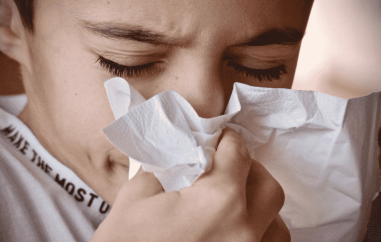Lauterbach speaks out against vaccination register
Federal Health Minister Karl Lauterbach (SPD) is firmly opposed to the establishment of a vaccination register in Germany. This would take a lot of time and would be problematic in terms of data protection, the minister said on Tuesday on "Deutschlandfunk" radio. A vaccination obligation could also be "monitored" without a vaccination register. For this purpose, there will be appropriate motions in the vote in the Bundestag.
Lauterbach reiterated his stance that there is a need for compulsory vaccination: "The vaccination rate that we need to get to a point where we say: 'We live again more or less as before, we will not achieve without a general vaccination obligation."
The health minister also spoke of the danger of a "recombination variant" of the coronavirus, which is characterized by "the fact that it could be particularly contagious, but also particularly deadly." "If such a variant were to come, then the vaccination rate would have to be very high." Even the target of 80 percent first-time vaccinations would then be "significantly too low," he said.
Lauterbach also reiterated his plan to radically restrict the availability of free PCR tests. Preference should be given to "those who work in care, work in hospitals, in integration assistance for disabled people." For "free testing" to return to school or work, rapid antigen tests were also suitable.
In view of record incidences in the Corona pandemic, Lauterbach also warned once again against overloading hospitals: "We must prevent the healthcare system from being overstretched. The spread of the Omicron variant of the coronavirus cannot be prevented, he said, but it is a matter of "turning the wave into a hill."
According to the Minister of Health, at present mainly younger and middle-aged people are infected with Omicron. It becomes critical, he said, when older people also become increasingly infected, especially if they are unvaccinated. "Then it gets dicey," Lauterbach said. If, as a result, general wards could no longer be fully operated, for example, cancer treatments would have to be restricted.
Image by Alex Escobar










































